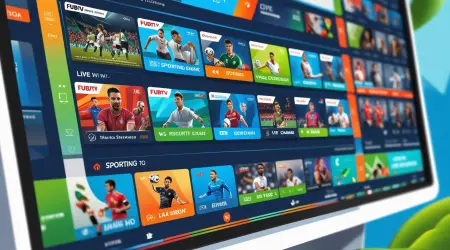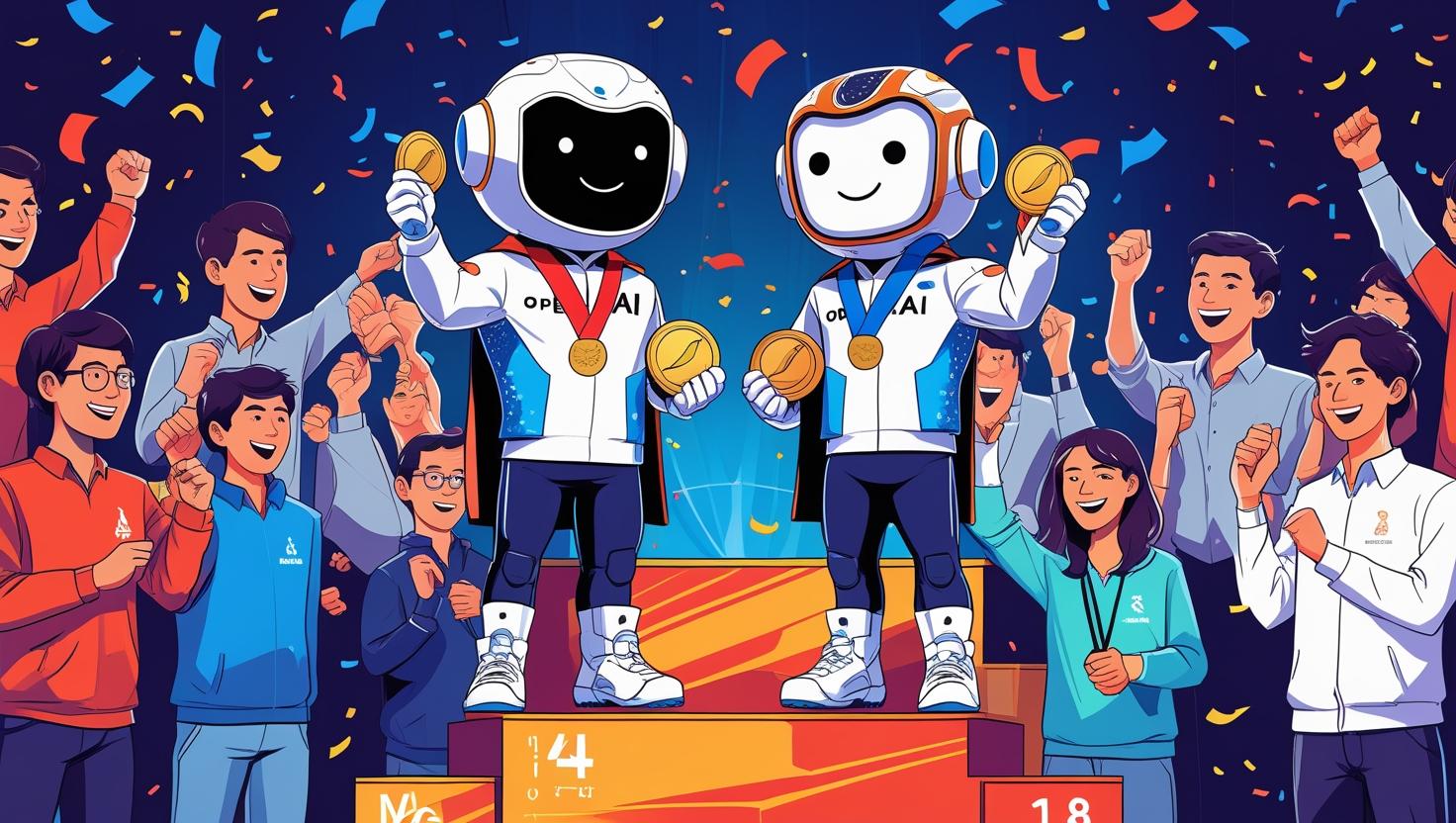Although both companies claimed gold medals, only DeepMind's results were recognized by the organizers. Officially, OpenAI did not take part in the contest.
OpenAI, the maker of US search giant Google's DeepMind and ChatGPT, has won the gold medal in the world's most prestigious math competition, which many see as a major milestone for artificial intelligence or AI.
Various experimental AI models created by Google DeepMind have participated in the four-and-a-half-hour test of the 'International Math Olympiad' and each model correctly solved five out of six problems, the British daily Independent reported.
Both Google DeepMind and OpenAI claim that the way their newly developed AI models are solving complex mathematical problems proves that they are getting closer to creating powerful AI that can think, learn and perform tasks like humans. "Artificial General Intelligence," or AGI, is the term for this kind of artificial intelligence.
Although both companies claimed to have won the gold medal, only DeepMind’s results have been recognized by the organizers. Because Officially, OpenAI did not take part in the contest.
“We can say with certainty that Google DeepMind has reached this expected milestone, with the company receiving 35 out of 42 points, which is a gold medal-worthy score,” said Professor Tha International Mathematical Olympiad's president is Gregor Doliner.
"The AI models' solutions were remarkable in a lot of ways. The IMO evaluators said that the solutions were clear, correct and, in most cases, easy to follow.”
Thang Luong and Edward Lockhart of Google’s AI startup DeepMind said their AI model’s ability to reason will be “very important” for mathematicians, scientists and other researchers, as well as “advancing human knowledge on the path to creating AGI.”
Meanwhile, OpenAI researcher Alexander Y. announced the results of the competition online. His business did not, however, formally take part in the contest.
In a post on social media, Alexander wrote, “We tested our various AI models with the 2025 IMO questions in the same way that humans took the test. No assistive devices or the internet were used in the two four-and-a-half-hour tests, it was just reading the official questions and writing answers and proofs in plain language.
“Is this a big deal? The first reason is that these IMO questions are much harder than those that were in previous AI tests or benchmarks. Solving these problems requires not only mathematical knowledge, but also creative thinking over a long period of time.
“The second reason is that we have created a model that can generate complex and precise reasoning at the level of mathematicians like humans.”
OpenAI plans to release a new version of its ChatGPT, powered by its ‘GPT-5’ model, in the next few weeks. However, this version will not have the advanced reasoning capabilities of the company’s award-winning bot, the Independent reported.
However, DeepMind has not yet said when they will release their AI model called ‘Gemini DeepThink’.

